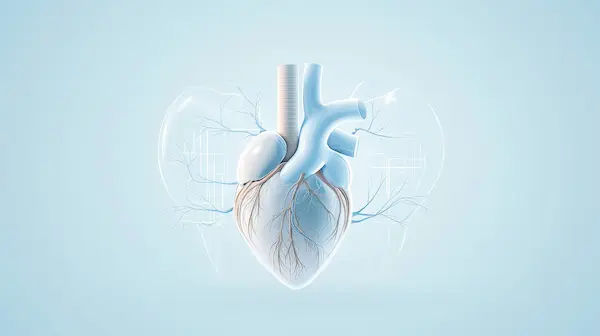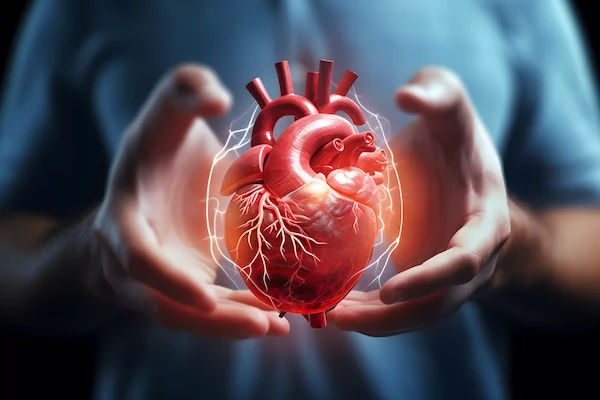- Male
- 58 Years
- 22/01/2025
I'm really concerned because my friend just had angiography and then angioplasty three days later. Now, due to complications, another angiography and possibly angioplasty are needed just three weeks after the first. Are there any risks with having these procedures so frequently?
Answered by 1 Apollo Doctors
Frequent angiography and angioplasty procedures can carry certain risks, such as increased chances of bleeding, infection, damage to blood vessels, and allergic reactions to contrast dye. Additionally, there is a risk of developing blood clots at the site of the procedure. To help reduce these risks, your friend's healthcare provider may prescribe medications such as Aspirin and Clopidogrel to prevent blood clots, as well as medications like Atorvastatin to manage cholesterol levels and reduce the risk of further complications. It is important for your friend to follow the prescribed medication regimen and attend all follow-up appointments to monitor for any potential complications.
Dr. Shubham Suggests...
Consult a Cardiologist
Answered 04/07/2025
0
0

More Cardiology Health Queries
View allI'm trying to understand more about my recent test results. It mentioned something like mild mitral stenosis with trivial regurgitation and that my left atrium is dilated. Plus, there's something about the anterior leaflet of the mitral valve being mildly thickened, and the mitral orifice measuring 2.22 square centimeters. They also noted trivial mitral regurgitation with Doppler. What does all this mean for my heart health? Should I be worried? Any advice on what steps I should take next would be really helpful.
echo and angiography is advised,, cardiac opinion
Answered by 1 Apollo Doctors
I've been smoking for the last 5 years, and lately, Im noticing this weird pain in the center of my chest. It doesn't bother me when I'm just sitting or standing still, but if I stretch my arms or put any pressure on my chest, I get this sharp pinching feeling inside. Even just warming up before a workout or sleeping in one position can trigger it. There's no fatigue, coughing up blood, or anxiety. Do you think it's something serious, or should I just not worry about it too much?
Ecg and chest x-ray pa view is advised to the patient.
Answered by 1 Apollo Doctors
I was lying down after dinner tonight and started to notice this pulsating feeling in my left upper stomach area, just below the rib cage. I'm taking blood pressure meds, so I'm a bit worried. Is this something I should be concerned about? What might be causing it?
No need to worry that could be muscle twitching,it will self resolve,if it it happens frequently,visit Physician for evaluation and appropriate management
Answered by 1 Apollo Doctors
Disclaimer: Answers on Apollo 247 are not intended to replace your doctor advice. Always seek help of a professional doctor in case of an medical emergency or ailment.





